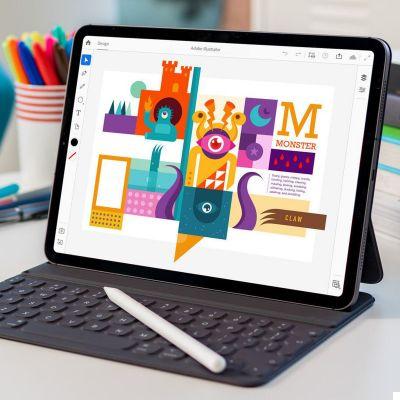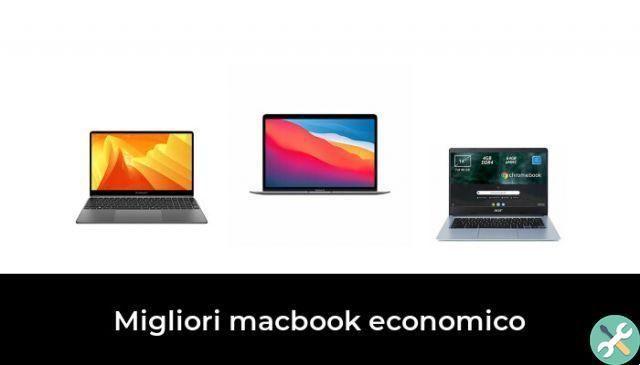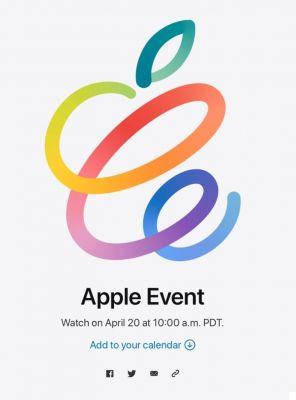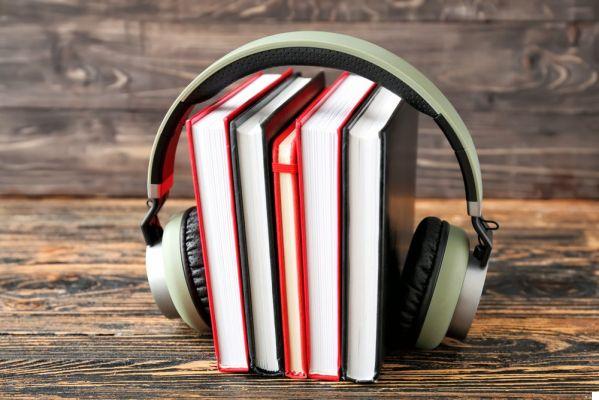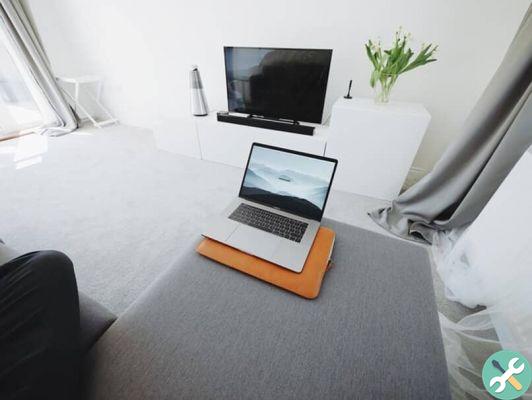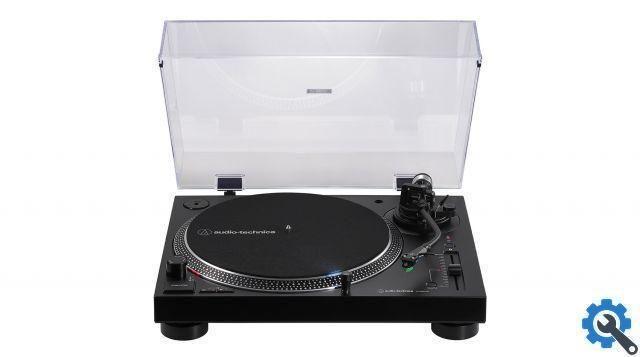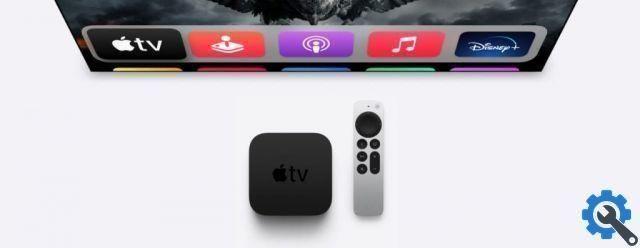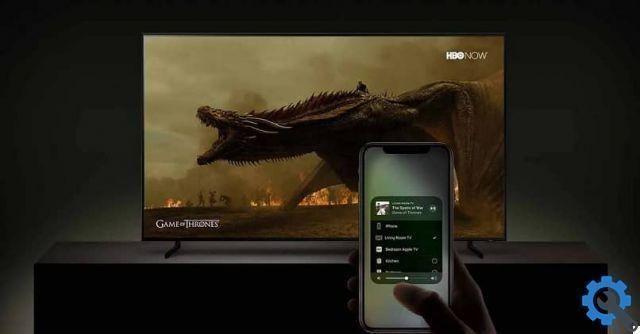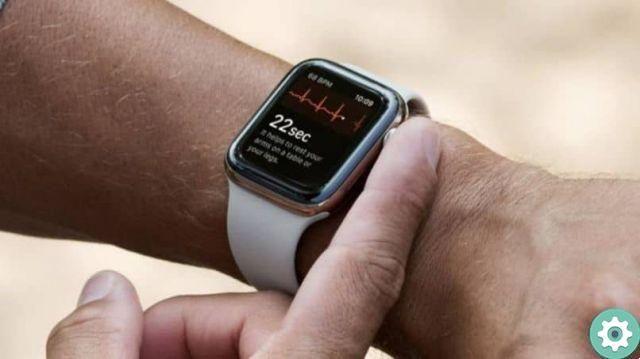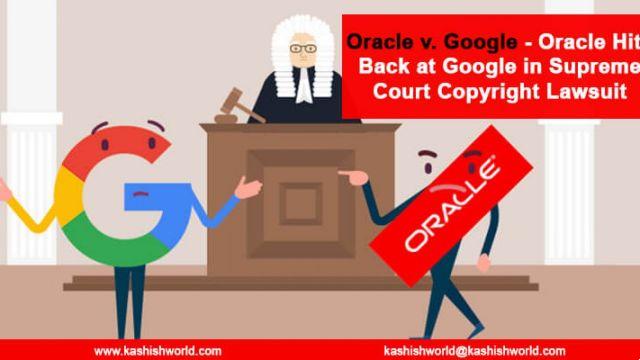
Google did not fare very well in its US Supreme Court hearing, in which it seeks to overturn a ruling that could force it to pay billions of dollars for the misuse of Oracle's own Java code in the operating system. Android.
Oracle acquired Java when it bought Sun Microsystems, as we discussed in the US Tik Tok problem article.
Through a low-tech conference call, the judges challenged Google's argument that it had no way to replicate code without forcing millions of developers to learn a new programming language.
Judge Neil Gorsuch told Google's attorney that Apple Inc. and other companies have "made phones that work flawlessly without the need for that kind of appropriation."
Despite this, Gorsuch also considered referring the case to the federal appeals court to reevaluate Google's claim that its use of Oracle's Java programming language falls into the category of 'fair use'.
Oracle claims it is responsible for at least $ 8,8 billion in damages.
Previously, a jury had ruled that the code copied by Google was fair use, but Oracle appealed the ruling and a federal court overturned it.
The final ruling, expected in July, promises to redefine the legal protections for software, especially in the area of interfaces that allow programs and devices to communicate with each other.
The case, according to Bloomberg, has the potential to change the way programmers develop new applications and operating systems for devices vital to today's lifestyle, including cell phones and computers.
Break into the safe
The hearing was supposed to last an hour, but lasted more than 90 minutes, as the judges indoctrinated Google's lawyers with similarities on restaurant menus, soccer teams, and typewriters. Among the skeptical demonstrations towards Google's arguments, the president of the jury John Roberts has established the equivalence of Google's actions with those carried out by those who break into a safe.
"Breaking the safe may be the only way to get the money you want, but that doesn't mean you can do it," Roberts told Google attorney Thomas Goldstein. "If that's the only way, the way to get it is to get a permit (license, in this case)."
Judge Sonia Sotomayor suggested she had more sympathy for Google's arguments.
Technology companies such as Mozilla Corp., Microsoft Corp. and International Business Machines Corp. (IBM) have backed Google in the case, arguing that software developers need the freedom to create new platforms and programs that can communicate with existing technologies and devices. without fear of facing copyright infringement lawsuits.
Communications and entertainment companies side with Oracle because their industries are based on strict copyright standards. The Motion Picture Association, which represents Walt Disney Studios, Sony Pictures Entertainment, and Netflix Inc., and the News Media Alliance, which represents newspapers such as The New York Times and News Corp., were among the commercial companies that made statements in the case. ..
The Trump administration is with Oracle
The case focuses on preprogrammed addresses, known as program application interfaces (APIs) that provide instructions for functions such as connecting to the Internet or accessing certain types of files. Using these shortcuts, programmers don't have to write the code from scratch for every function of their software, or change it for every type of device.
Oracle says the Java APIs are freely available to anyone who wants to build applications that run on computers and mobile devices. But the company requires obtaining a license to use the shortcuts on a competing platform or to embed them in an electronic device.
Existential threat
Oracle says Google faced an existential threat because its search engine, the source of its revenue, was not used on cell phones. Google bought the Android mobile operating system in 2005 and copied the Java code to lure developers, but refused to purchase a license.
Google says the ruling will make it more difficult to use existing interfaces to develop new applications.
Google states that software interfaces cannot be covered by copyright protection. The company also argues that the appeals court has narrowed the defense of "fair use" to such an extent that it is impossible for a developer to reuse an interface in a new application.
Android generated $ 42 billion for Google between 2007 and 2016, according to data provided by Oracle.
The Supreme Court had planned to hear the arguments in March, but delayed the session when the Covid-19 pandemic broke out.
Header Image: Nordicapis.




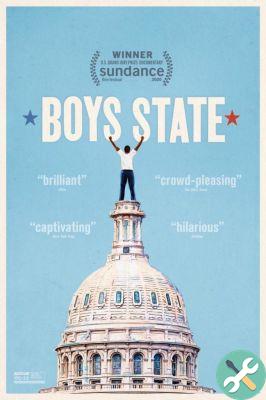
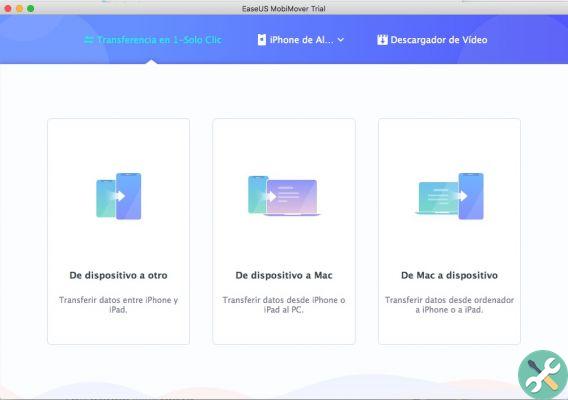
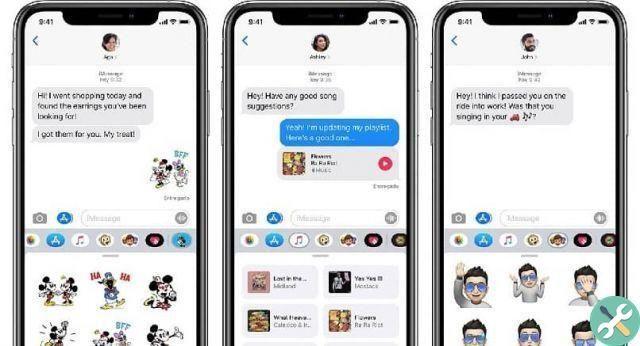
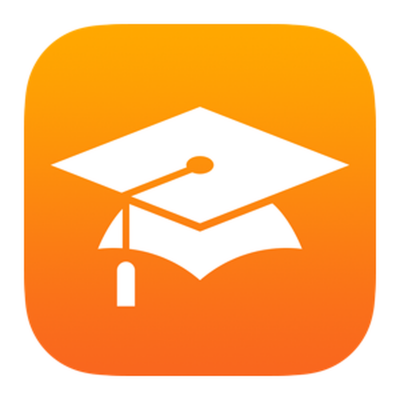
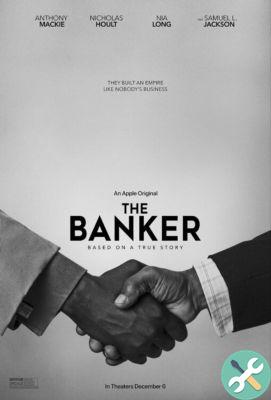
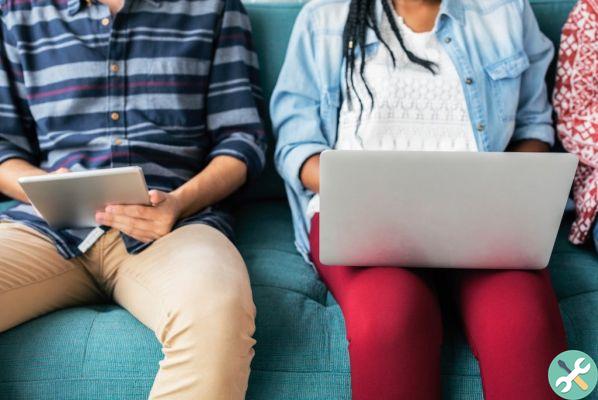
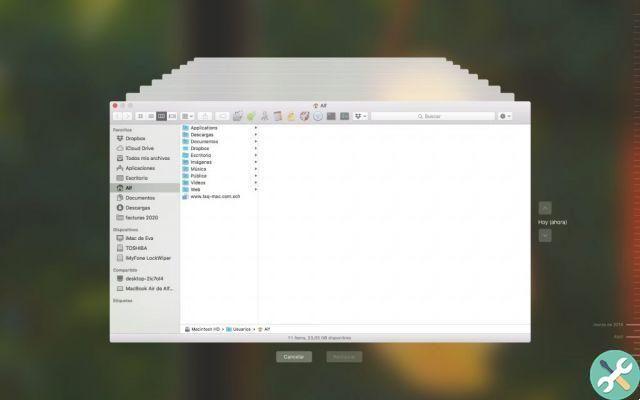
![Google also wants your Apple News [Updated] [2]](/images/posts/943dc0d8f28fcc4bc16fa30ed6d71f6a-0.jpg)
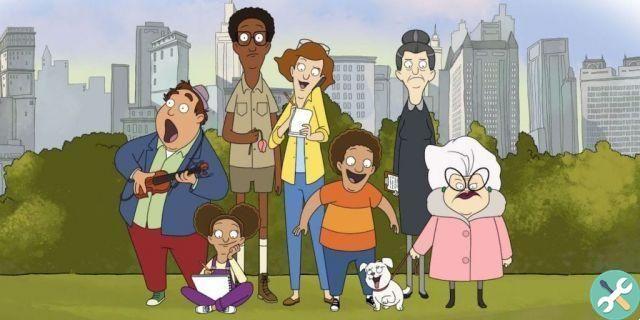
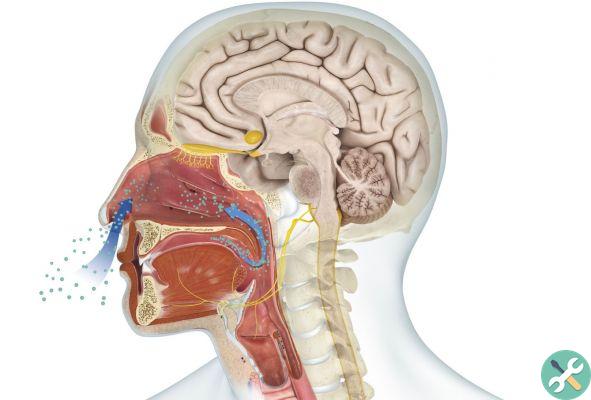
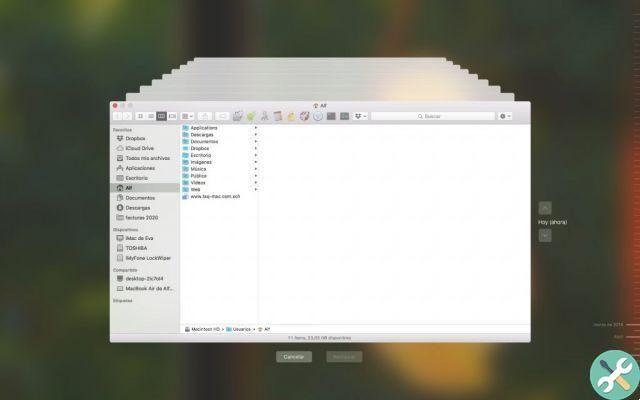
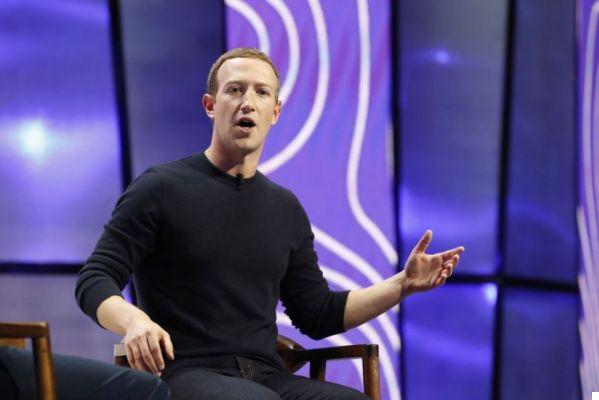
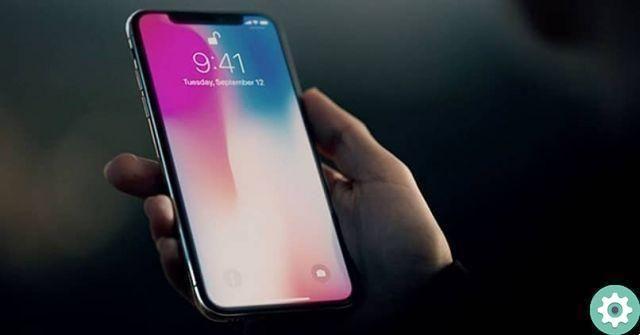
![Apple Vice Presidents Talk About Development of M1 for Mac [Updated]](/images/posts/c6254b668e5b3884d6b6338ccb8a02ff-0.jpg)
